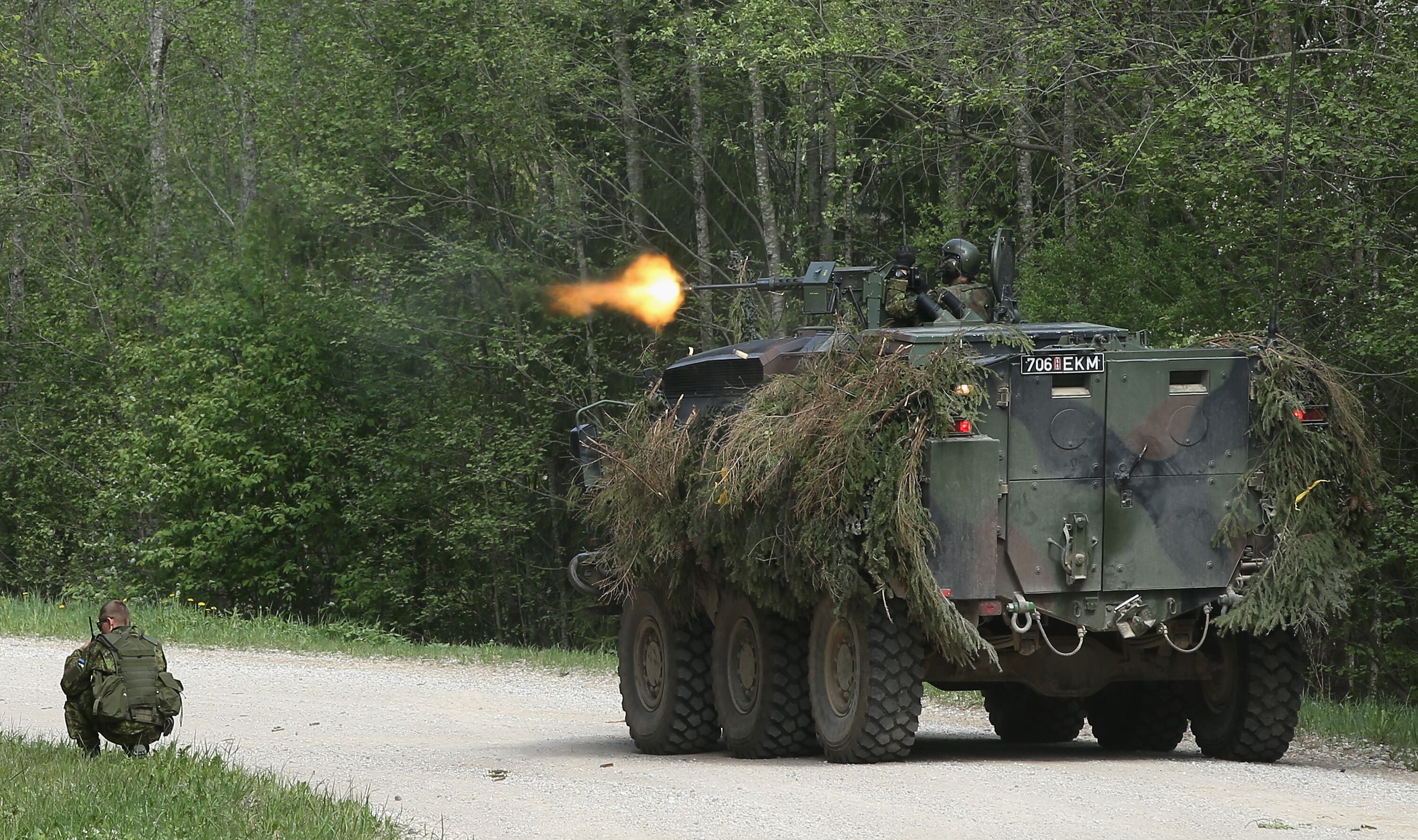The famous Roaring ’20s from 100 years ago marked a new age in Europe and the U.S. After enormous crises like World War I and the Spanish flu pandemic, people and entrepreneurs rushed to grab life by the horns. Culture and economy boomed.
In a sense, we currently face a similar situation; fortunately, it’s not as grim as our predecessors. Nevertheless, the world has become different. We are going through serious challenges that will have long-term consequences. COVID-19, the demise of democratic and liberal values, security challenges, and growing hostilities all require thoughtful action. How we carry out these thoughtful actions will affect whether we will enjoy another roaring era. And it is up to our leadership, and wise policy decisions, to ensure this era lasts more than one decade.
The key to our success is revitalized partnerships. It is a necessity to strengthen bridges instead of burning them.
The threats that we are facing now are extremely complex, to say the least. Multilateralism and partnerships with likeminded allies are not meant to be static and rigid in a form that does not contribute to the common goal. Quite the opposite: These relationships should benefit us. We are creating, joining or leading international organizations for a good reason. This is the only multilateral way of consulting and consensus-building for the common good among both friends and adversaries. If an organization is underperforming, withdrawing is not a solution. Fixing the problem is the solution.
Currently, it looks like old friends like the U.S. and Europe are struggling with their problems alone, and not together. However, the challenges are mostly the same.
RELATED

The aggressive posture of certain states to the rules based, democratic world order affects everybody. COVID-19 is only one challenge, and it has not made other threats obsolete.
Looking at the European theater, it is very much noticeable that Russia is at the European Union’s and NATO’s doorsteps, as it continues to carry out large-scale military training, exercises with offensive scenarios, cyberattacks, and propaganda and disinformation campaigns — actions that shape the security environment at the expense of others.
This aggressive posture is a new normal. In addition, there is the heartbreaking civil struggle against the dictatorship in Belarus that could bring even more threatening Russian military activity along the Baltic borders.
The emerging power of China has also demonstrated its will to become a global power, and its influence is everywhere. China has raised serious concerns in terms of military strength, cyber capabilities and human rights violations, as well as its role in the field of new technologies and investments in critical infrastructure in the territories of our allies.
The development of these capabilities is a direct challenge for the U.S. as well as for Europe and beyond. That is and should be a legitimate part of joint debates in finding an appropriate approach to this emerging challenge across all policy domains, including defense.
The list of threats and challenges doesn’t stop here. There’s terrorism, climate change, nuclear weapon proliferation and more. Instead of alienating partnership policy, both sides of the Atlantic Ocean should work together. It is an illusion that we can safeguard the democratic world order on our own and separately. In this sense, EU strategic autonomy should be about the capabilities that contribute to NATO and the values that we share.
Any decrease in the U.S. presence in the region will diminish the security of our allies and will encourage adversaries to test our readiness and resilience. Without stability in Europe, the ability to overcome present and future challenges will be at risk.
European allies continue to invest in their own defense, and for Latvia it is top priority to sustain the defense budget at 2.36 percent or more of our gross domestic product.
The trans-Atlantic bond is the most enduring and most effective partnership in history. The trans-Atlantic community is meant to strengthen resilience, protect our principles and values, and defend them if necessary. Global challenges require a global approach and revitalized partnerships. COVID-19 has changed the lives of Latvians and has taken the lives of their loved ones, as it did in America and elsewhere.
Therefore, we must stay committed to our common goal: to strengthen our security and our community. The success of rebuilding our trans-Atlantic bond will impact whether we see additional flourishing years and “roaring” decades that find a famed place in the history books.
Artis Pabriks is Latvia’s defense minister.








